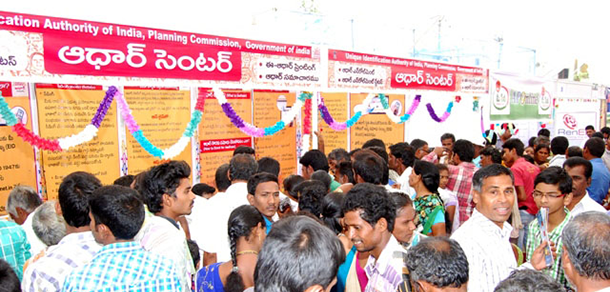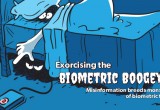AADHAR digital ID notches a win in India
03 April, 2019
category: Biometrics, Digital ID, Government
AADHAR digital ID, the national biometric system in India that has served as source of sustained controversy and legal action, has notched a victory. India’s cabinet has approved its voluntary use for people opening bank and mobile phone accounts.
AADHAR’s Know Your Customer (KYC) capability combined with biometric authentication can reduce the change for fraudsters to commit fraud via the theft of personal data or the setting up of fake accounts
According to press reports, banks and mobile network service providers can use AADHAR for what’s know as KYC (know your customer) tasks. Such a process seeks to verify that an application for a bank or mobile phone account, or other services, is indeed that person, and do so in a way that does not cause excessive hassle or wasted time — known in the business as “friction” — which may sour a potential customer on a specific business.
At the same time, KYC combined with biometric authentication can reduce the chance for fraud via the theft of personal data or the setting up of fake accounts.
AADHAR digital ID use limits
The cabinet’s ruling allows customers to opt out of the AADHAR biometric system for such purposes, but not until they reach the age of 18. According to the India-based Economic Times, the cabinet’s decision “provides for stiff penalties for violation of norms set for the use of AADHAR and violation of privacy. It bans storing of core biometric information as well as AADHAR number by service providers in cases of individuals who have voluntarily offered the national ID as a means of authentication.”
The AADHAR biometric system, which includes fingerprints, iris scans and photographs, has come under significant fire in India, and neither opponents nor proponents of the system have found reason in recently years to be totally pleased with the outcomes of those controversies.
In late 2018, for instance, the Supreme Court in India ruled that AADHAR does not fundamentally violate the privacy rights of the 1.3 billion Indians and thus can continue, but the ruling goes on to place limits on potential uses for the ID.
Those judges voted 4 to 1 to approve continuation of the use of the program for government services like the distribution of rations and other benefits as well as the collection of income taxes. But they gave the thumbs down to mandatory applications outside government, such as verifying student identities for exams or mandating use for private sector applications.




